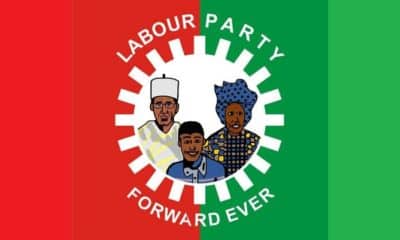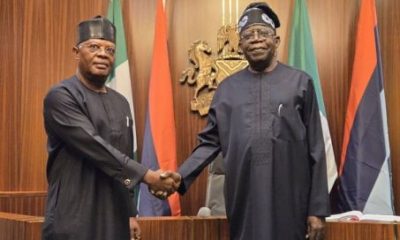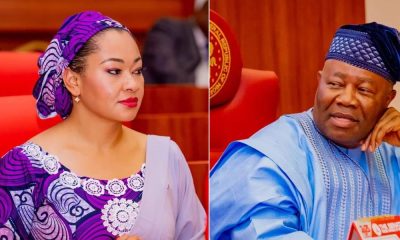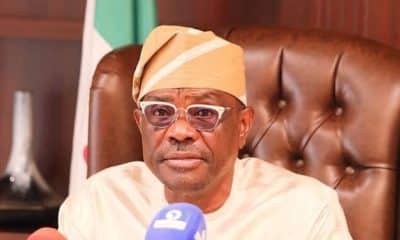Nigeria News
EFCC Chairman Reveals How Bankers Launder Funds For Terrorists, Politicians And ‘Yahoo Boys’
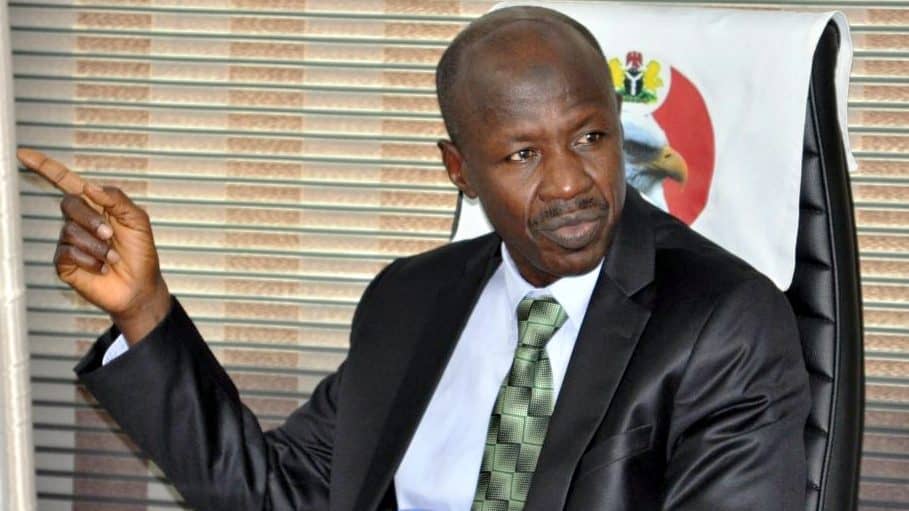
The acting chairman of the Economic and Financial Crimes Commission (EFCC), Nigeria’s anti-graft agency, Ibrahim Magu, says some “fraudsters in banks are laundering public funds for corrupt politicians and terrorists”.
Naija News reports that Magu made this comment during a meeting with compliance officers of different banks in Port Harcourt, the Rivers state capital on Friday, April 5.
According to the EFCC chairman, apart from colluding with the corrupt politicians and “terrorists”, the banks also help internet fraudsters popularly known, as “Yahoo boys”, commit financial crimes using money transfer services.
His words: “The banks also help the politically exposed persons to steal and launder public funds,” he said.
“Money is being laundered and money is being used to fund terrorism in the country. There are more terrorist activities in this country. So, it is a good business for them.
“You will also agree with me that the banks give lifelines to internet fraudsters; the one we call Yahoo boys.
“They (banks) provide market for them through MoneyGram and Western Union that are readily available.
“They throw confidentiality to the wind and subject people’s accounts to a lot of intimidation and extortion.
“So, this is the reason we say we must come here. We have to talk. Unfortunately, we have fraudsters working in the banks; working right inside the banks.”
Magu said there are some bad elements within the commission who give the fraudsters cover.
“We want to put in our machinery to deal with such fraudulent activities of the bankers and some law enforcement agencies,” he said.
“There are bad eggs among us, even in the EFCC, there seems to be readily available partnership with some fraudulent elements within the bank to perpetuate certain fraudulent activities and money laundering. I think this is basically the reason we called this meeting.”
The EFCC chairman said the commission would go after governors with outstanding corruption cases, but were covered by immunity.
“We will go after them. We will not let anybody go,” he said.



